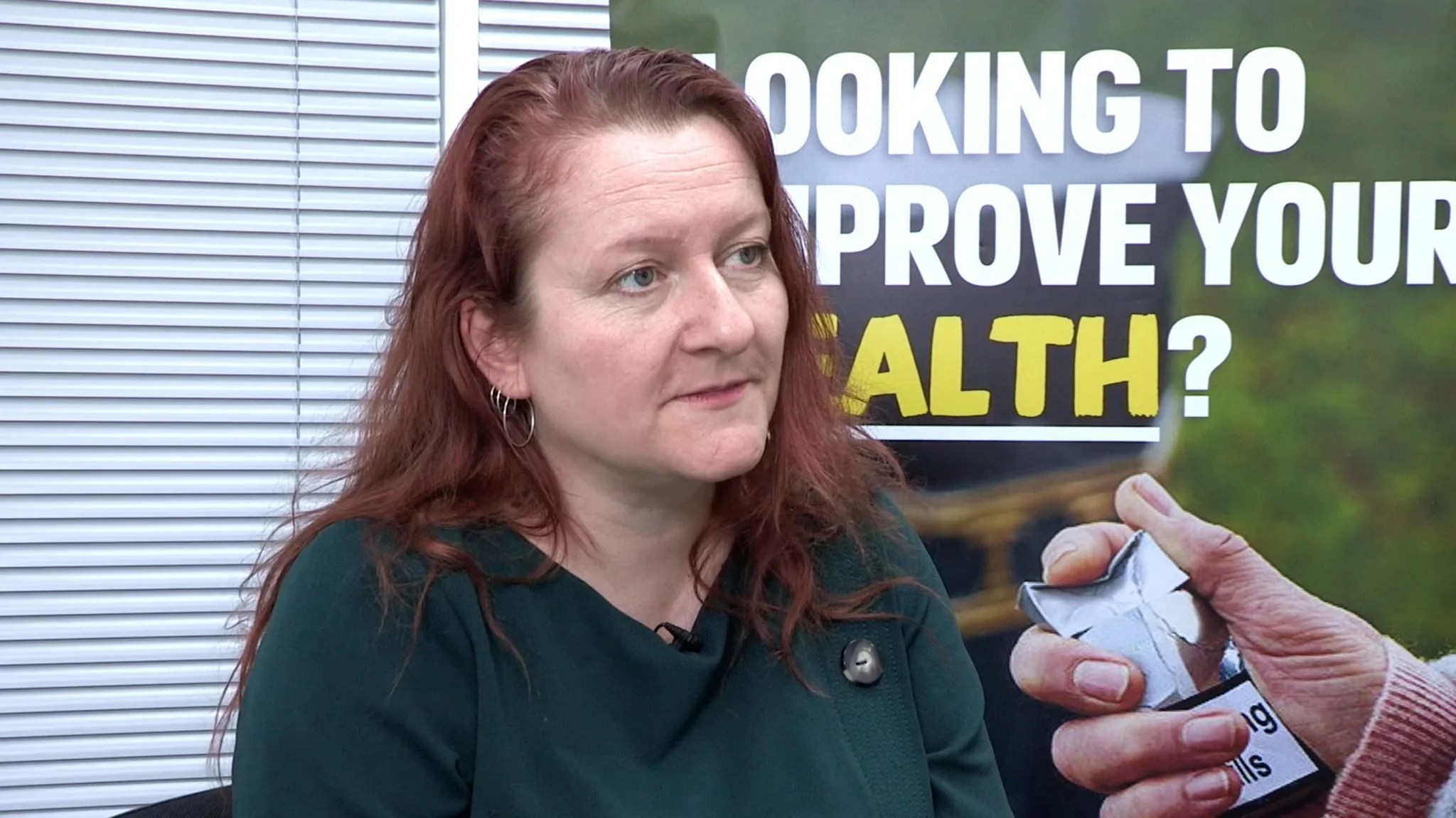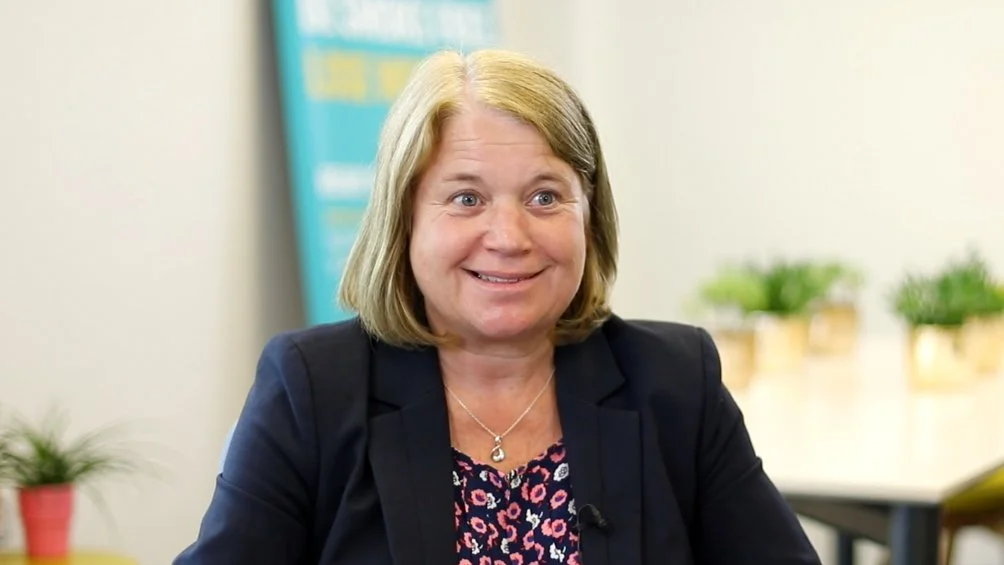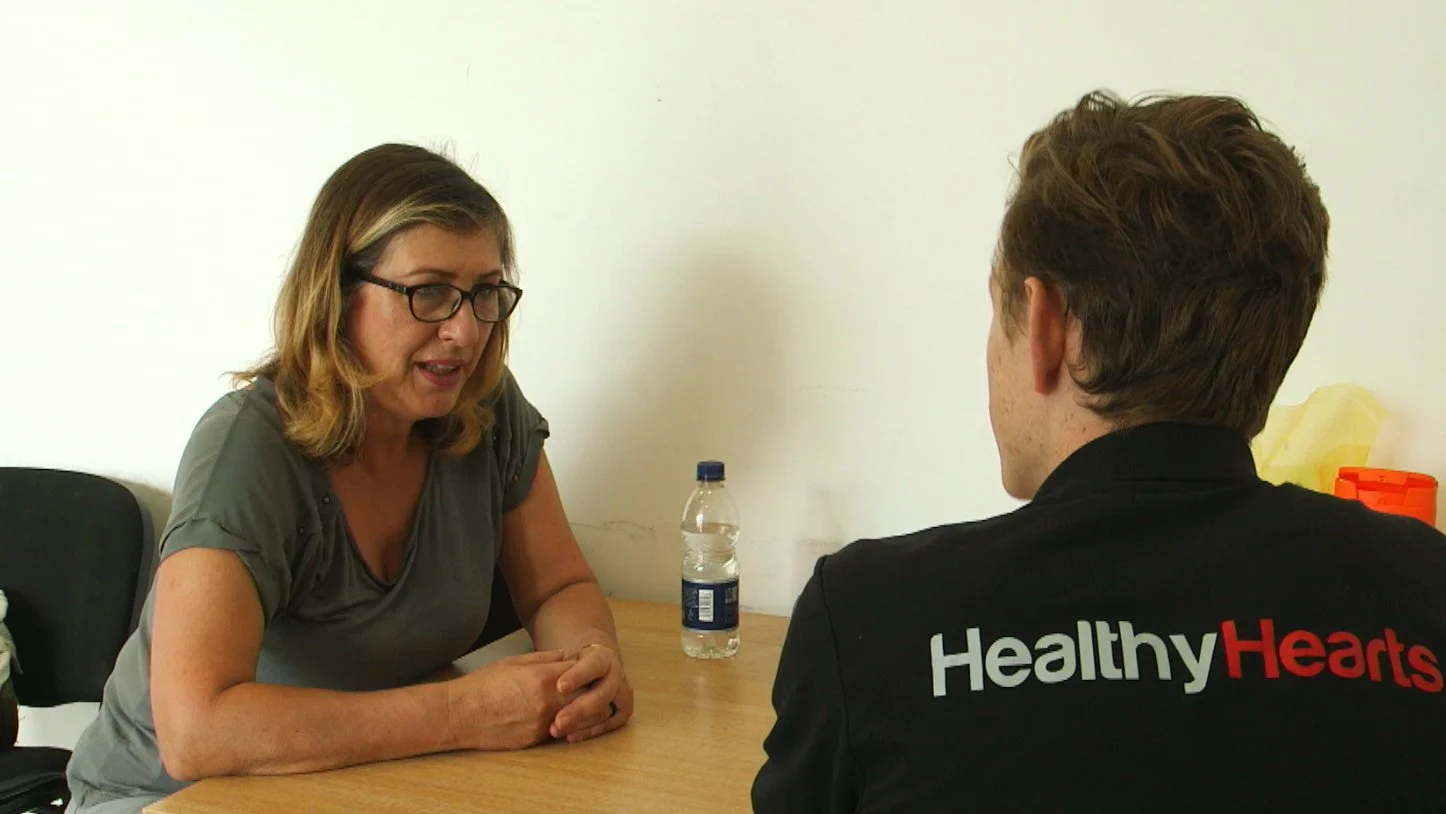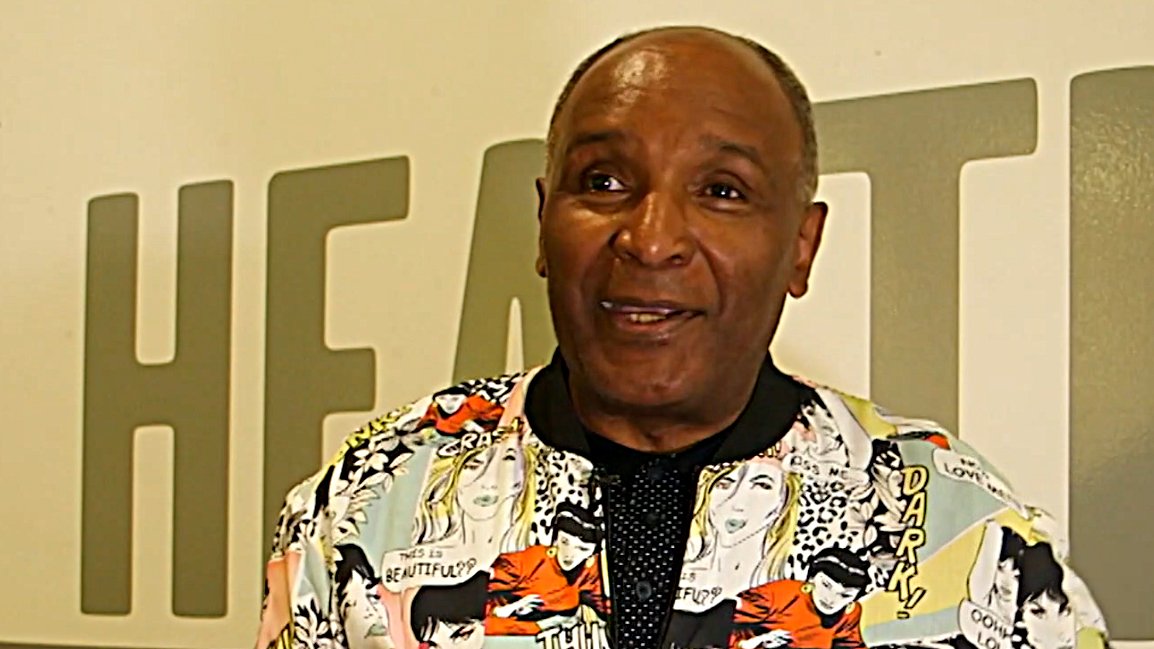Start empowering patients
Discover bite-sized films, articles and animations to help you help your patients.
Tackling this difficult issue is about having really sensitive and respectful conversations with your patients. Often they know they need to stop: they just need a little bit of help from you to make it happen.
Here you'll find videos, animations and articles across topics of Raising the issue and Staying on track.
Tackling this difficult issue is about having really sensitive, respectful and careful conversations with your patients. They know what they need to do; they just need a little bit of help from you to make it happen.
Modern life can make it hard to live a healthy lifestyle but type 2 diabetes can be prevented for many people by making small lifestyle changes. Learn the communications skills that will enable you to empower patients and put their health back in their hands.
Why Refer
Why is it important to refer? Here we discuss the benefits of referring to a specialist stop smoking service
Medication
Here we discuss the types of therapies available and helping patients choose what’s right for them
What to expect
What can patients expect when they are referred to a stop smoking advisor?
Why Quit?
Most patients expect to be asked about their smoking. Here we discuss opportunities to have that brief conversation sensitively
When to Refer
Finding out from patients if this is the right time is key. It’s important to know: Is this really what the patient wants to do?
Patient Perspectives
Ali talks about his stop smoking journey and how seeing a specialist advisor helped him map out his journey
Smoking During Pregnancy
Here we focus on practical advice about raising the issue with a mum that smokes, and the language around the behaviour change.
Resistant to Change?
Sometimes patients just aren’t ready to make changes. Specialist stop smoking advisors explain what to do if they’re struggling
Motivating Patients
Discovering and understanding what motivates your patient helps ensure success on their stop smoking journey
Why Raise the Issue?
We can all be sensitive when it comes to talking about our weight. Here, experts discuss how best to raise the issue.
RPE: Making Activity Count
How to use RPE (Rating of Perceived Exertion), a scale that helps patients acknowledge how active they are.
Eat regularly
We talk about this a lot, but what does it mean? Why is it important we do this?
Setbacks as Learning Opportunities
Clinical Physiologist Sonya Tsancheva shares effective ways to support your patient when they encounter setbacks.
Initial conversation
You can't fix everything in one appointment, but that first chat really matters
Making Sense of BMI
We're all used to working with BMI. But are we using it as positively as we could be?
Common Barriers to Change
Patients have all sorts of excuses as to why they can't change. It's up to you to help them see otherwise.
Patient Perspectives: Realising I Needed to Lose Weight
Patients talk about what it was that set them on the path to being healthier.
Behaviour Change
Lifestyle changes don’t happen overnight. How to support your patients in breaking bad habits.
How Ready Are They? An Introduction to Motivational Interviewing
Our clinical psychologist discusses 'change talk'. Help your client to leave the conversation feeling motivated to make a change.
Patient Perspectives: Initial Conversation
Two people on very different weight loss journeys tell us what it feels like to sit in the other chair
Case Study: Gillian's Story
What Gillian really needed was a place she could speak freely. Here's how she found one.
Patient Perspectives: Being More Active
Walking and going swimming have helped Loftus to feel both physically and mentally better.
Ordering Your Plate
Here's some quick, effective tips for your patients: simply rearranging a dinner plate is brilliant for getting the balance right
How to Keep a Food and Activity Diary
Self-monitoring really works. Food diaries make patients aware of their own behaviour and empower them to make positive change
Understanding a Food Diary
What to look for, what not to say, and how to use this as a tool for a fruitful and open conversation.
The Importance of Breakfast
The facts behind why breakfast is the most important meal of the day.
Patient Perspectives: Food Changes
Patients talk about how changes to what and how they eat have helped them to be healthier.
Setbacks as Learning Opportunities
Things don’t always go to plan. It’s up to us to help our patients learn from their experiences.
Assessing Readiness
Sometimes patients just aren’t ready to start making changes. Weight loss expert Lisa explains what to do if they’re struggling.
Patient Motivation
Discovering and understanding what motivates your patients is key to their weight loss success.
Psychology of Maintaining Positive Change
A guide to preparing a patient to view setbacks as learning opportunities and how to deal with variety of situations.
Patient Perspectives: Setbacks
Loftus and Maria talk about how they deal with setbacks in their weight loss journeys.
The NHS Diabetes Prevention Programme explained
To support patients with lifestyle changes, we want to provide the right information, at the right time.
Understanding pre-diabetes
Uncover the facts on the condition so you can provide reliable and trustworthy advice to your patients.
What factors can influence a healthy lifestyle?
Uncover health information you can trust and the recommended guidelines to share with patients.
Motivational Interviewing – The basics
Find out how to master communication skills and boost the success of your interactions with patients.
How to have client centred conversations on lifestyle change
Learn the effective strategies you can use in conversations with your patients on lifestyle change.
How to engage patients in behaviour change
Find out about the different motivators that lead to better outcomes & improved health for our patients.
Understanding Diabetes, Type 1 & 2
Learn the facts so that you can talk with confidence to your patients about the condition and what it means for their health.
Understanding motivational interviewing and the process of change
Discover how to support patients to breakdown barriers and empower them in the process of change











































